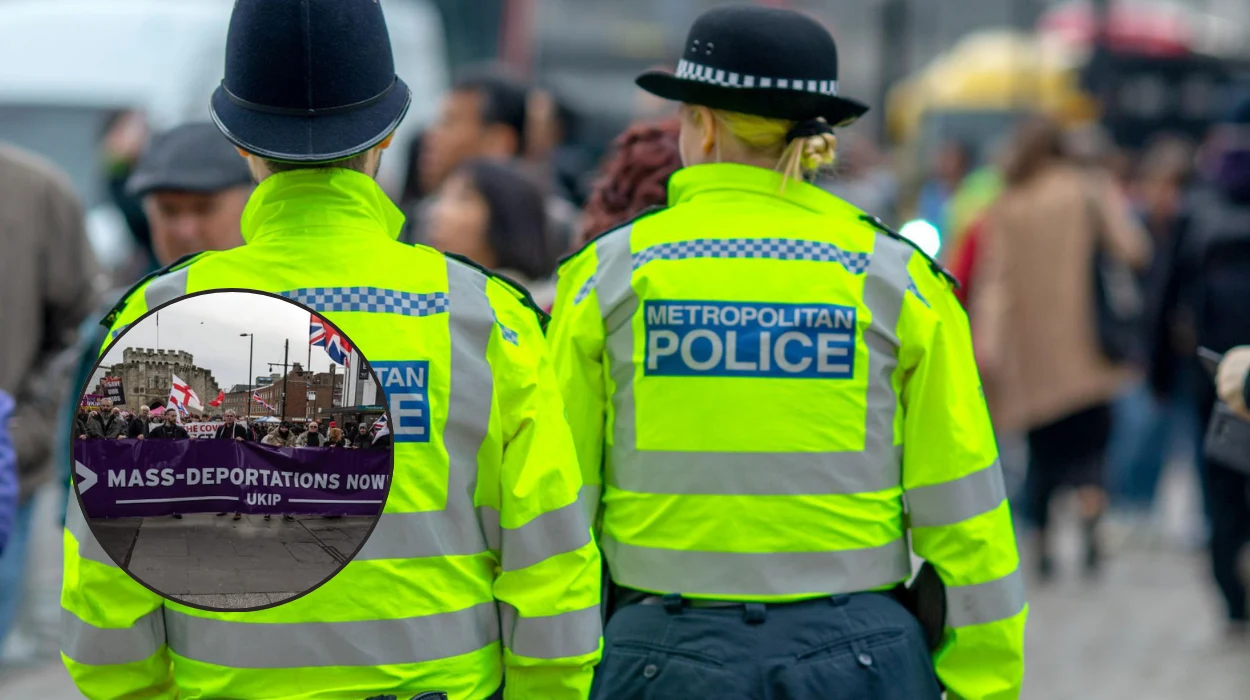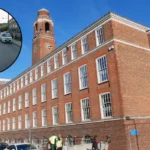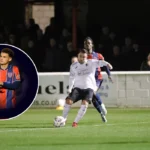Key Points
- The Metropolitan Police have banned Ukip from holding a march or protest in Tower Hamlets, East London, citing a “realistic prospect of serious disorder.”
- The planned event was initially promoted as a march starting from Whitechapel station but later changed to an assembly in the same area.
- Ukip’s proposed march was part of a “mass deportations tour,” with calls to “reclaim Whitechapel from Islamists” and urged followers to join a “crusade.”
- Tower Hamlets has the highest percentage of Muslim residents in the UK, about 40%, leading to significant local concerns and community opposition.
- Police imposed conditions under the Public Order Act forbidding any Ukip protest in Tower Hamlets; anyone attempting to assemble there faces arrest.
- Ukip leader Nick Tenconi accused the police of “yielding to Islamists” and practicing “two-tier policing.”
- Local authorities, including Tower Hamlets mayor Lutfur Rahman, condemned the march, emphasizing it would cause disruption, intimidation, and spread fear.
- Counter-protests are planned by groups including Stand Up To Racism.
- Police stressed Ukip may hold protests in alternative locations but barred the Tower Hamlets area for safety.
- The ban and policing response have sparked debate on free speech, public order, and community safety.
Why Has Ukip Been Banned from Marching in East London?
According to the Metropolitan Police, as reported by numerous media including the BBC and The Independent, Ukip has been prohibited from holding its proposed demonstration in Tower Hamlets due to credible threats of “serious disorder” linked to the neighbourhood’s significant Muslim community. Commander Nick John, in charge of public order policing for the weekend, said the planned march raised substantial local concerns and would have disrupted the area, which has the highest proportion of Muslim residents in the UK.
- Key Points
- Why Has Ukip Been Banned from Marching in East London?
- What Are the Metropolitan Police Saying About the Ban?
- What Is Ukip’s Response to the Ban?
- How Has the Local Community and Authorities Reacted?
- What Are the Broader Implications of This Decision?
- What Is Ukip, and Why Is This March Significant?
The demonstration was part of Ukip’s broader “mass deportations tour,” which has been widely condemned for inflammatory and Islamophobic messaging. The police referenced the tour’s intent to “reclaim Whitechapel from the Islamists,” a phrase which further heightened fears of community tension and violence.
What Are the Metropolitan Police Saying About the Ban?
The Metropolitan Police clarified through official statements that they had not banned Ukip outright but rejected their specific location and route under the Public Order Act’s provisions. As Commander Nick John explained, the decision aimed to prevent disorder and minimise disruption on key routes in East London.
The police warned that anyone attempting to protest in Tower Hamlets regardless of the ban would face arrest. Furthermore, a significant police presence would be maintained to uphold security and ensure compliance with the protest restrictions.
What Is Ukip’s Response to the Ban?
Ukip leader Nick Tenconi condemned the police action, accusing the authorities of “caving into the Islamists” and practising “two-tier policing.” He claimed the ban infringed on democratic rights to peaceful assembly. Despite the prohibition, Ukip announced it was seeking alternative locations in London to hold their protest.
Tenconi’s rhetoric and his previous controversial behaviour, including performing a Nazi salute at a rally, have heightened concerns about the nature of the march and contributed to the contentious atmosphere surrounding the event.
How Has the Local Community and Authorities Reacted?
Local government figures have spoken out strongly against the planned Ukip march. Tower Hamlets mayor, Lutfur Rahman, stated that Ukip’s demonstration would cause major disruption, intimidation, and spread fear and prejudice within the local community. He pledged to hold a peaceful march celebrating diversity and unity in Whitechapel on the same day as Ukip’s planned protest.
Community groups and activists have organised counter-protests to oppose Ukip’s far-right messaging. Stand Up To Racism and other local groups have mobilised efforts to demonstrate against Ukip’s divisive agenda.
What Are the Broader Implications of This Decision?
This ban on Ukip’s march has sparked discussion nationwide about the balance between freedom of speech and assembly versus the need to maintain public order and protect vulnerable communities. Critics of the ban, including Ukip, argue it represents undue suppression of political expression, while supporters contend it was a necessary move to prevent hate-fuelled violence and societal division.
Several sources note that bans on far-right marches, especially those targeting ethnic or religious communities, are part of wider efforts by UK law enforcement to curb extremist actions and promote social cohesion.
What Is Ukip, and Why Is This March Significant?
Ukip, the UK Independence Party, was founded in the 1990s with political figures such as Nigel Farage playing a pivotal role. The party was key in pushing for the 2016 Brexit referendum and gained prominence for its Eurosceptic stance. However, in recent years, Ukip has become associated with far-right, anti-Islamic, and nationalist rhetoric, leading to increasing controversy.
The planned “mass deportations tour” march through Whitechapel was widely seen as a provocative act intended to inflame community tensions at a time of growing concerns about far-right activity in the UK. The police ban prevents what many feared would be a dangerous flashpoint in East London.
In summary, the Metropolitan Police’s prohibition of Ukip’s march in Tower Hamlets reflects a complex balancing act between upholding public safety and respecting democratic rights amid a community with significant religious and ethnic sensitivities. The story continues to evolve as Ukip seeks alternative venues and community groups prepare counter-demonstrations in East London.



